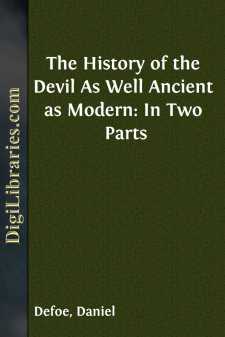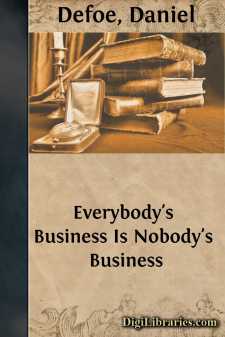Categories
- Antiques & Collectibles 13
- Architecture 36
- Art 48
- Bibles 22
- Biography & Autobiography 816
- Body, Mind & Spirit 145
- Business & Economics 28
- Children's Books 17
- Children's Fiction 14
- Computers 4
- Cooking 94
- Crafts & Hobbies 4
- Drama 346
- Education 58
- Family & Relationships 59
- Fiction 11834
- Foreign Language Study 3
- Games 19
- Gardening 17
- Health & Fitness 34
- History 1378
- House & Home 1
- Humor 147
- Juvenile Fiction 1873
- Juvenile Nonfiction 202
- Language Arts & Disciplines 89
- Law 16
- Literary Collections 686
- Literary Criticism 179
- Mathematics 13
- Medical 41
- Music 40
- Nature 179
- Non-Classifiable 1768
- Performing Arts 7
- Periodicals 1453
- Philosophy 66
- Photography 2
- Poetry 897
- Political Science 203
- Psychology 45
- Reference 154
- Religion 516
- Science 126
- Self-Help 85
- Social Science 82
- Sports & Recreation 34
- Study Aids 3
- Technology & Engineering 59
- Transportation 23
- Travel 463
- True Crime 29
Our website is made possible by displaying online advertisements to our visitors.
Please consider supporting us by disabling your ad blocker.
An Humble Proposal to the People of England, for the Increase of their Trade, and Encouragement of Their Manufactures Whether the Present Uncertainty of Affairs Issues in Peace or War
by: Daniel Defoe
Description:
Excerpt
It deserves some notice, that just at, or soon after writing these sheets, we have an old dispute warmly revived among us, upon the question of our trade being declined, or not declined. I have nothing to do with the parties, nor with the reason of their strife upon that subject; I think they are wrong on both sides, and yet it is hardly worth while to set them to rights, their quarrel being quite of another nature, and the good of our trade little or nothing concerned in it.
Nor do they seem to desire to be set right, but rather to want an occasion to keep up a strife which perhaps serves some other of their wicked purposes, better than peace would do; and indeed, those who seek to quarrel, who can reconcile?
I meddle not with the question, I say, whether trade be declined or not; but I may easily show the people of England, that if they please to concern themselves a little for its prosperity, it will prosper; and on the contrary, if they will sink it and discourage it, it is evidently in their power, and it will sink and decline accordingly.
You have here some popular mistakes with respect to our woollen manufacture fairly stated, our national indolence in that very particular reproved, and the consequence laid before you; if you will not make use of the hints here given, the fault is nobody’s but your own.
Never had any nation the power of improving their trade, and of advancing their own manufactures, so entirely in their own hands as we have at this time, and have had for many years past, without troubling the legislature about it at all: and though it is of the last importance to the whole nation, and, I may say, to almost every individual in it; nay, and that it is evident you all know it to be so; yet how next to impossible is it to persuade any one person to set a foot forward towards so great and so good a work; and how much labour has been spent in vain to rouse us up to it?
The following sheets are as one alarm more given to the lethargic age, if possible, to open their eyes to their own prosperity; the author sums up his introduction to it in this short positive assertion, which he is ready to make good, viz., That if the trade of England is not in a flourishing and thriving condition, the fault and only occasion of it is all our own, and is wholly in our own power to mend, whenever we please.
SEASONABLE PROPOSAL, &c.
As by my title I profess to be addressing myself to Englishmen, I think I need not tell them that they live by trade; that their commerce has raised them from what they were to what they are, and may, if cultivated and improved, raise them yet further to what they never were; and this in few words is an index of my present work.
It is worth an Englishman’s remark, that we were esteemed as a growing thriving nation in trade as far back as in the reigns of the two last Henries; manufactures were planted, navigation increased, the people began to apply, and trade bringing in wealth, they were greatly encouraged; yet in king Henry VIII.’s reign, and even towards the latter end of it, too, we find several acts of parliament passed for regulating the price of provisions, and particularly that beef and pork should not be sold in the market for more than a halfpenny per pound avoirdupoise, and mutton and veal at three farthings.
As the trading men to whom I write may make some estimate of things by calculating one thing by another, so this leads them to other heads of trade to calculate from; as, first, the value of money, which bore some proportion, though I think not a full and just equality to the provisions, as follows:—silver was at 2s....












